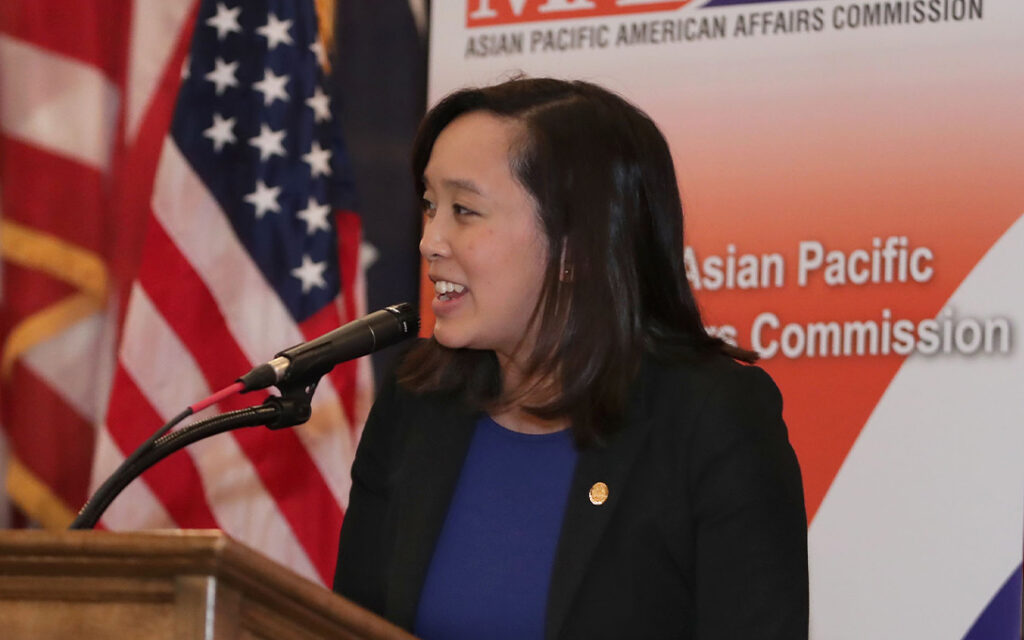State Sen. Chang, D-Detroit, will be honored on March 6 during a Policy Talks @ the Ford School event in which she will discuss environmental justice with U.S. Congresswoman Rashida Tlaib and former Towsley Policymaker in Residence and newly appointed Director of the Wayne County Health, Human & Veterans Services Department Abdul El-Sayed.
-
February 14, 2023
Q&A: Bryan Boyer talks about urban technology and its role in the I-375 project
Bryan Boyer, assistant professor at Taubman College, serves on the I-375 community advisory committee. The Lafayette Park resident hopes that the planners see this unique opportunity for what it is — the chance to rethink urban design and city planning on a grand, far-reaching scale.
-
February 7, 2023
When creating more equitable urban green spaces in Michigan, the shape of green space matters
Counterintuitively, the researchers found that the total area of urban green space was not an important indicator of equality. Instead, the shape of urban green space, the size of the largest green space in a census tract and the density of green space played more important roles in urban green space equality.
-
February 6, 2023
U-M forecast: Detroit economy likely to avoid worst effects of national slowdown, see overall growth
As the city’s economy approaches full employment and inflation subsides, the economists expect wage gains to outpace inflation from 2024 to 2027.
-
January 30, 2023
Partner Profile: CHASS provides comprehensive primary care services to the southwest Detroit community
“Working with good researchers who aren’t only here for the research but engage with the community and understand participants’ culture and language to help achieve meaningful data is really important to us.”
~ Dr. Richard Bryce
-
January 24, 2023
Making change through making art
Led by Victoria Shaw, “Making Change through Making Art” will bring together Detroit-based visual artists with students from Detroit Public Schools Community District in a new art-making elective class to explore how engaging with visual arts can promote social justice activism.
-
January 16, 2023
U-M Alum Manny Martinez says it’s “breathtaking” to be a part of the Michigan Central Station transformation
Manuel Martinez has been working at the Michigan Central Station for the past three-and-a-half years, leading a 23-person project team that manages hundreds of construction workers. The project, which Ford announced in 2018, is expected to be finished next year.
-
January 12, 2023
Community-builder Leon Pryor takes Detroit’s FIRST Robotics program to new heights
Alumnus Leon Pryor excelled in careers at Microsoft, Amazon, and now Meta. The he renowned video game engineer co-founded The Motor City Alliance to make Detroit a powerhouse for FIRST Robotics teams. And it’s working.
-
January 9, 2023
A new scholarship helps students from Detroit pursue the Detroit teaching school pathway
The Bell Family Scholarship Fund is intended to assist students who hail from Detroit and who plan to pursue the Detroit teaching school pathway. It was started by Stacy and Joseph Giles to honor Stacy’s parents and sister, who were educators.


